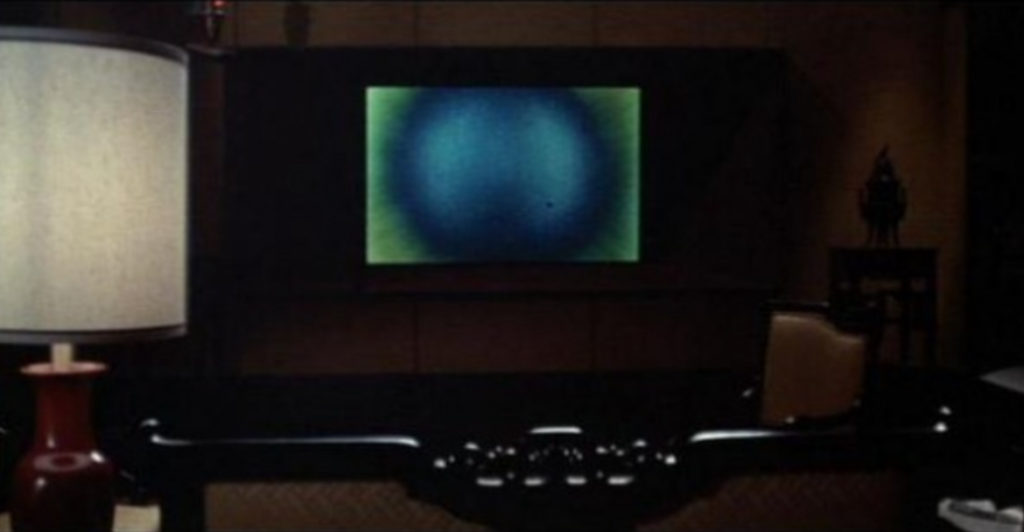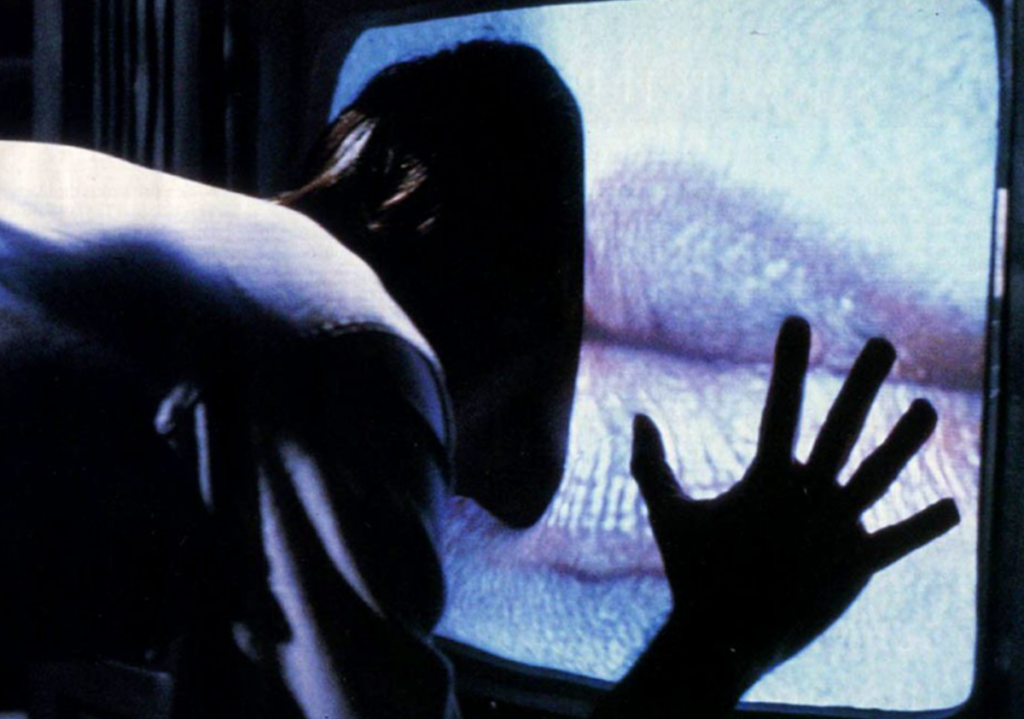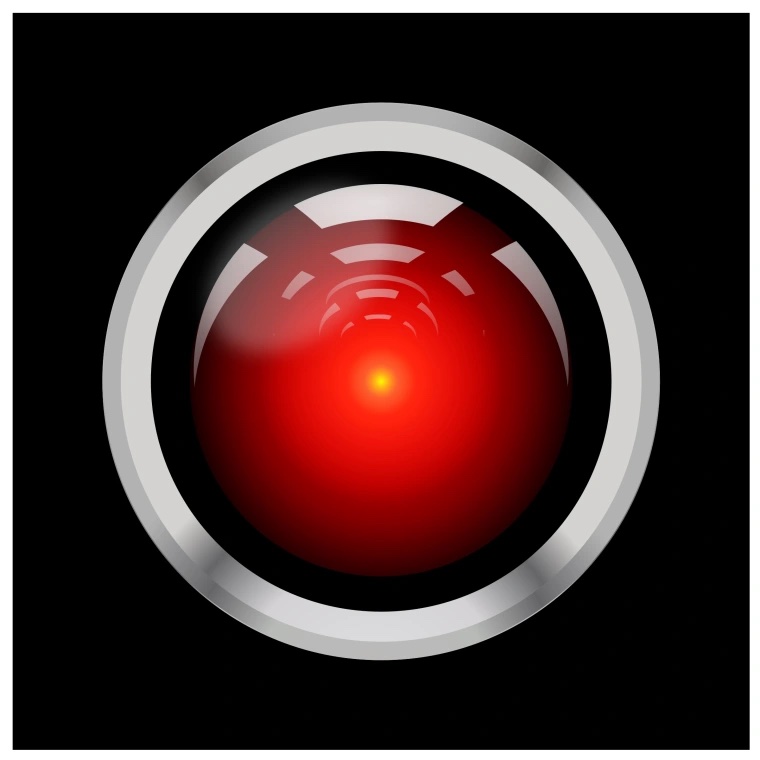Before watching this film, the concept of merely the film’s name reminded me of Rosemary’s Baby (Roman Polanski, 1968) which can be summed up as a film about crossbreeding between human and Satan. Getting back to the film we just watched, which is a film about crossbreeding between human and machine, similarities emerge. They all deal with unwanted motherhood and the loss of control over the female body (Satan and Proteus IV taking advantage of its reproductive capability). The difference is that Demon Seed tells the story through the lens of science while Rosemary’s Baby employs supernatural elements. However, the word “demon” probably equalizes Proteus IV with Satan, not only because human have no control over its actions, but also because it disturbs and perverts the natural impregnation process.

Rosemary’s Baby
One of the big failures I think this film has is jumping way ahead of its time but failing to explain high technology’s mechanism. We can take some of the films we watched for example. In 2001 Space Odyssey (Stanley Kubrick, 1968), we get a detailed explanation of what the future technology looks like by fantastic visuals and carefully arranged concepts. Not to mention Ex Machina (Alex Garland, 2014), which constantly shows the debate about technology between two main characters. It should be important to at least make an attempt to account for the computer’s ability to store or generate live biotic cells.
Well, the way Cammell does it is: Here’s Proteus IV, it has some organic stuff inside it. Machines can think, feel. The metal stuff also has an incubator. Why don’t you audiences just accept this setting because that’s what the future looks like. That’s it. The computer, when asked to extract ores and minerals from the ocean floor, refuses by saying, “I refuse to assist you in the rape of the earth”. However, it proceeds to rape Susan. What a smart and consistent computer.

Proteus IV
The next failure is basically all cast’s performance and the lack of psychological depiction, especially about Susan (Julie Christie). The film makes no effort to reveal more emotions for the behavior of her such as caring for Amy, mourning for her dead child, her feelings towards Alex (Fritz Weaver), and the unhesitant decision to kill her machine baby at the end of the film. To be honest, there also seem to be no deeper themes that can relate to feminism and female will.
To think about it, this film’s only interesting concept is how the mind of the computer cannot be fully held inside so it needs an offspring with a body to carry it (which also makes Proteus IV feel more complete). In other words, the computer can achieve immortality by this means of producing offspring. A comparison that can be drawn is Lucy in Luc Besson’s Lucy (2014). She carries too much knowledge that certainly no computers can hold, and her abilities exceed that of any human or animal, so the human body cannot hold her anymore – she is everywhere. These two cases can both be described as evolution.
I also tried hard to detect body horror in Demon Seed because it reminds me of Videodrome (David Cronenberg, 1983) which is fortunately a GREAT film that discusses mind-body relationships and body-machine mutants. However, the only scenes I expect Demon Seed to show machine-body gross mix-ups are all skipped over.

Videodrome
Although this is seriously an awful film, we can still take it as a cautionary tale and contemplate about its themes although they are terribly demonstrated.
In the end, can somebody please tell me what all those Chinese Qin Shi Huang stuffs are about? There are absolutely no connections between the Chinese elements and the essence of this film. It’s a pretty bad metaphor for the search for immortality, isn’t it?

Leave a Reply